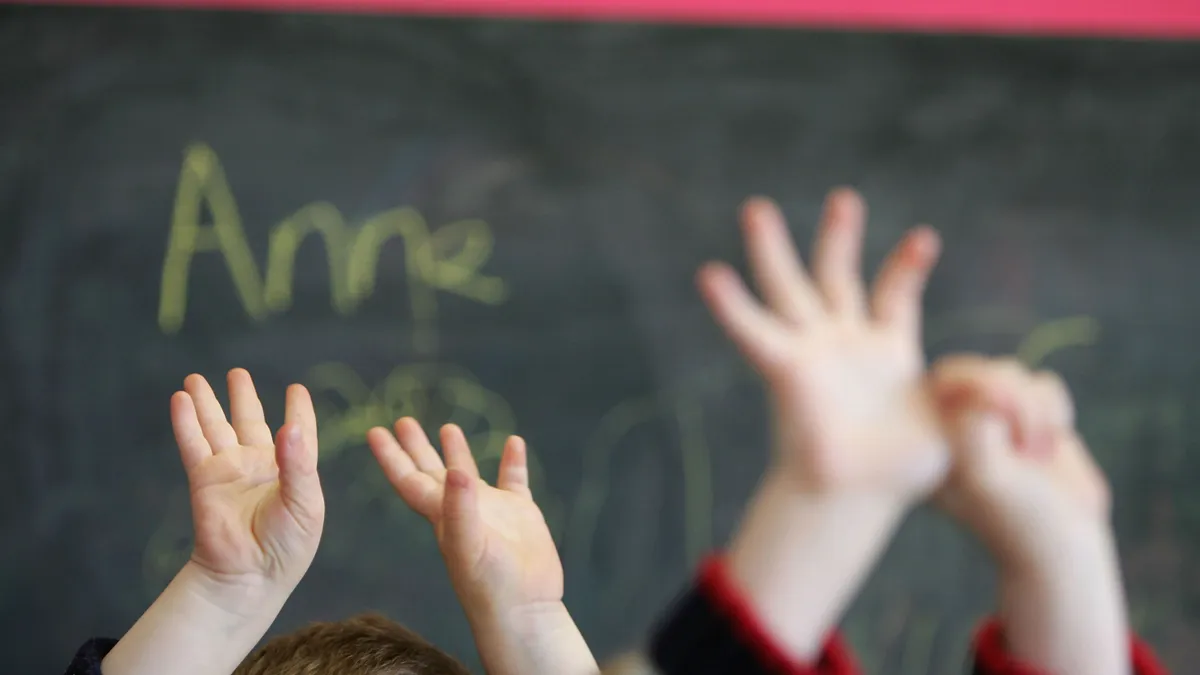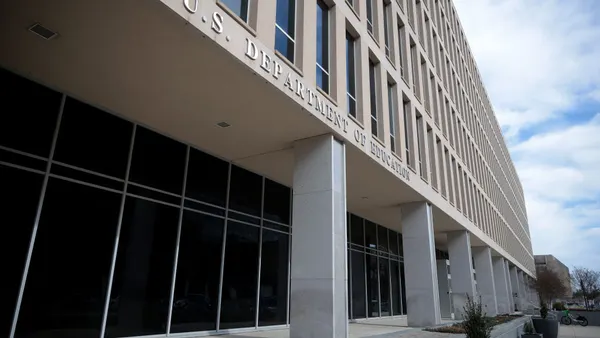Citing cost considerations, California Gov. Gavin Newsom has vetoed legislation that would have made kindergarten compulsory starting in the 2024-25 school year.
In a Sept. 25 statement on the veto, Newsom praised the legislation's intent but said the state had to stay fiscally disciplined. Senate Bill 70 was estimated to cost $268 million per year, he said.
"With our state facing lower-than-expected revenues over the first few months of this fiscal year, it is important to remain disciplined when it comes to spending, particularly spending that is ongoing," Newsom said. "We must prioritize existing obligations and priorities, including education, health care, public safety and safety-net programs."
The same message, however, emphasized the importance of early childhood education. "Making sure all kids begin their school careers ready to learn on par with their peers is one of the most impactful things we can do to combat societal inequities," said Newsom, pointing to the state's work toward universal access to quality pre-kindergarten, including transitional kindergarten.
Had the legislation become law, California would have been the 20th state to require kindergarten attendance. Some states have policies that allow for half-day kindergarten, mandatory kindergarten in certain jurisdictions, or the ability for some students to advance straight into 1st grade, according to 2020 research from the Education Commission of the States.
Newsom also vetoed Assembly Bill 1973, which would have required all elementary schools to offer at least one full-day kindergarten class by 2030-31, with phased-in implementation beginning in 2027-28. As with compulsory kindergarten, costs for the proposal — estimated to be in the hundreds of millions in facility and operational expenses — led to its veto, Newsom said.
The 2022 Budget Act included $4 billion for the Expanded Learning Opportunities Program, which, starting with the 2023-24 school year, will provide nine hours of combined instruction and enrichment during the school year, and 30 nonschool-day programming for all transitional kindergarten-through-6th grade students at high-needs schools and all high-needs students at all other elementary schools.










